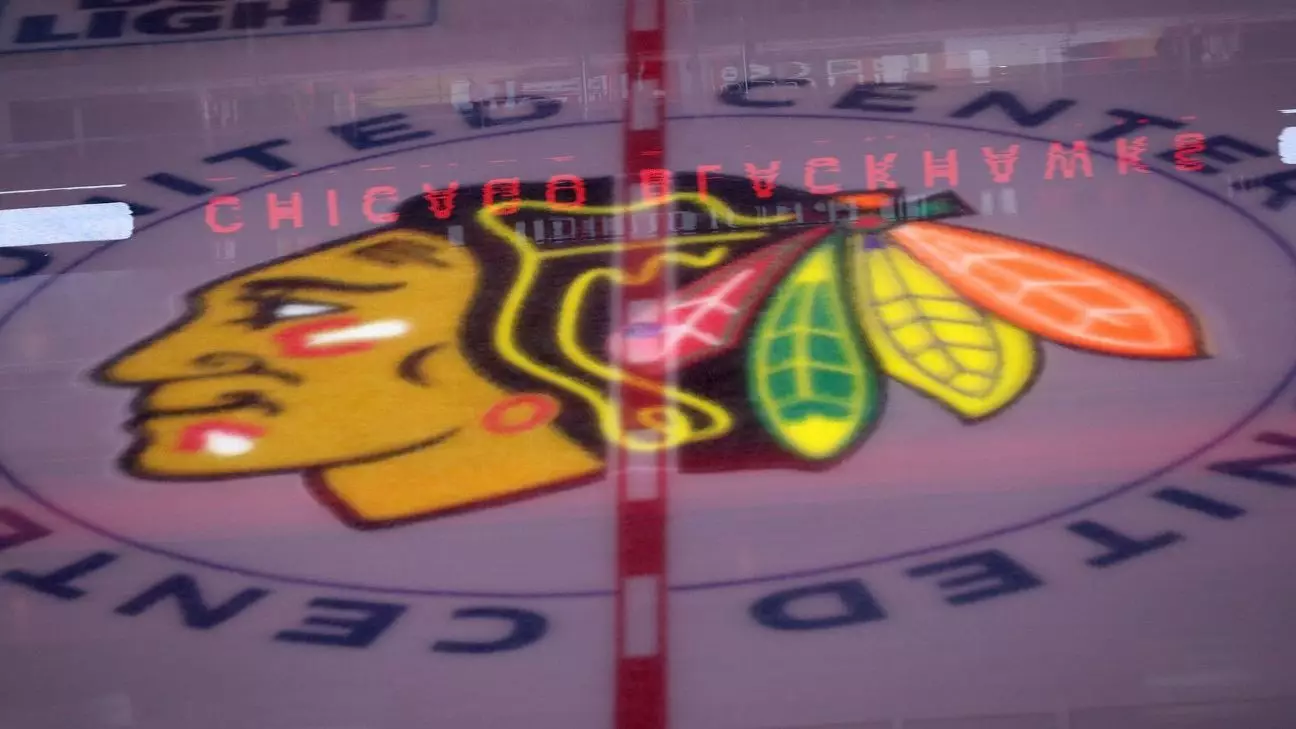The ongoing saga surrounding the Chicago Blackhawks and their handling of a harrowing sexual assault scandal reveals the profound flaws embedded within professional sports organizations. At first glance, one might see a team simply settling lawsuits and moving on. However, peeling back the layers exposes a disturbing narrative of negligence, institutional betrayal, and the treacherous path toward accountability. The latest lawsuit settlement, involving a former prospect known as “John Doe,” highlights how deeply ingrained misconduct can foster a culture of silence and indifference when faced with misconduct of power—a culture that sports organizations have historically been slow to confront.
This case, emblematic of a systemic failure, demonstrates the Blackhawks’ apparent prioritization of reputation over justice. The fact that allegations were not immediately addressed, and that the organization allegedly showed “utter indifference,” speaks to a culture that undervalues victims’ safety and well-being. Such complacency, especially within a high-stakes environment like the NHL, underscores one uncomfortable truth: the morals of sports organizations can be compromised when they focus predominantly on victories and marketability rather than fostering a safe and accountable environment. The resulting trauma for victims is irreversible, yet such pain is often dismissed or minimized within the broader sports narrative.
The Role of Leadership and How It Shapes Culture
Central to this scandal are figures like the Blackhawks’ former executives—namely GM Stan Bowman and senior director Al MacIsaac—and their subsequent reintegration into the NHL after acknowledging past mistakes. Their journeys reflect a broader dilemma within the league: can true accountability be achieved when leadership is restored after such significant misconduct? While the NHL insists that Bowman, Quenneville, and MacIsaac have shown remorse and undergone personal growth, critics argue that their reinstatement sends a bleak message: that misconduct can be forgiven and forgotten, allowing those responsible to climb the ranks once again.
The actions—or inactions—of these leaders speak volumes about organizational priorities. It’s painfully clear that the Blackhawks’ initial response was grossly inadequate, and the subsequent commissions and fines, though necessary, come too late for the victims who suffered in silence. The lasting impact of such leadership failures is profound; it fosters an environment where abuse can flourish unchecked, and victims are left to navigate a system that seemingly values its reputation over justice. True reform requires more than institutional lip service; it demands a cultural shift where safeguarding players and staff takes precedence over image.
Beyond the Courtroom: The Broader Implications for the League
The ripple effects of this scandal extend far beyond individual lawsuits. An independent review by Jenner & Block, which involved John Doe, resulted in the NHL fining the Blackhawks $2 million. While financial penalties are tangible, they do little to heal emotional scars or address underlying cultural issues. The league’s response—reinstating senior figures after acknowledging their wrongdoings—seems to fall short of establishing a meaningful precedent.
What truly stings is the realization that this is not an isolated incident. It is a symptom of a wider problem within professional sports—a landscape where trophies and records often overshadow fundamental human rights and dignity. The NHL’s actions, including the resignations and subsequent reinstatements, highlight a troubling willingness to prioritize the league’s reputation over genuine accountability. The narrative becomes even more complex when considering the subsequent careers of former officials, now working in other NHL organizations under new banners, seemingly unscathed.
What remains clear is that true progress requires transparent, relentless confrontations with uncomfortable truths. Voluntary reflections, token apologies, and financial penalties are insufficient unless accompanied by tangible cultural reforms—training programs, strict oversight, and unwavering support for victims. Only through these measures can the league hope to rebuild trust and foster an environment where aspiring players and staff feel genuinely protected.
In essence, the Blackhawks scandal is not merely about past mistakes; it’s a stark reminder of the ongoing war between reputation and responsibility. The challenge lies in resisting the temptation to dismiss or downplay misconduct and instead embracing a future where integrity and accountability are the guiding principles of professional sports. Until then, the shadows of this controversy will continue to haunt the league, serving as a somber testament to what happens when silence and complacency prevail over justice.

